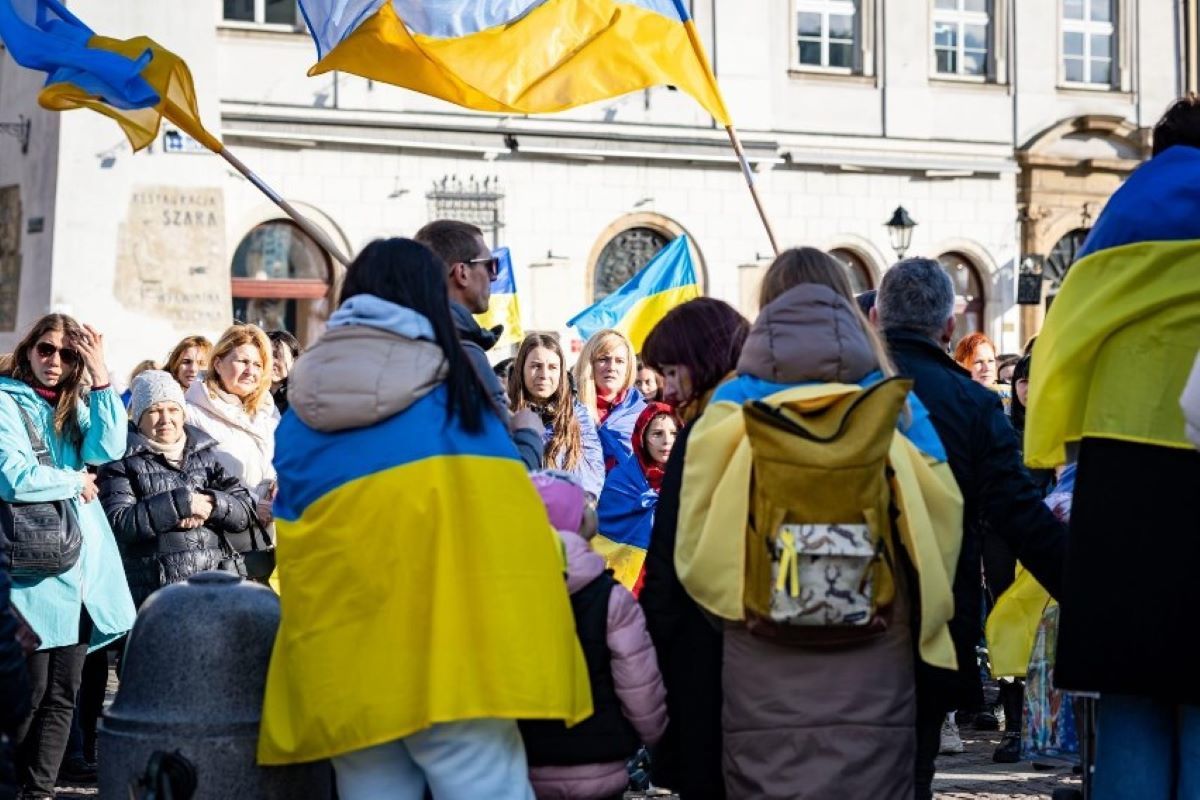Poland recently announced its intention to provide financial support to foreigners who voluntarily decide to return to their home country. This initiative aims to improve the system of working with refugees and migrants, as well as to optimize the country’s migration policy.
Money for packed suitcases: how will it work?
According to the draft amendments to the Aliens Act being developed by the Polish government, foreigners will be able to receive financial compensation for voluntarily leaving Poland. This applies primarily to those seeking international protection but have not been granted asylum or have returned from other countries that rejected them.
According to the Deputy Minister of Internal Affairs of Poland, Maciej Dudek, the main purpose of such payments is to create conditions for a safe and dignified return home. It is expected that this program will not come into effect before 2026, after the relevant legislative changes are approved.
Global experience: who is already paying for returns?
Similar programs are already in place in a number of European countries. For example:
- Lithuania: pays migrants 1,000 euros to encourage them to return voluntarily.
- United Kingdom: offers up to 3,000 pounds for those who decide to leave the country.
These financial incentives are aimed at reducing the burden on migration systems and helping those who find themselves in difficult situations outside their homeland. In the case of Poland, the exact amount of payments has not yet been determined.
New procedures for foreigners: electronic systems instead of queues
In addition to financial support, the Polish government plans to improve the document processing system for foreigners. In particular, the following will be introduced:
- Electronic submission procedure for residence applications. This should significantly ease the process for foreigners, reducing bureaucratic obstacles.
- Digital processing of applications. This approach will help speed up decision-making and minimize queues.
These innovations aim to make the procedure for staying in Poland more transparent and convenient.
Is this beneficial?
Poland remains one of the main centers for refugees, especially from Ukraine. However, the country faces challenges in migration policy, such as overcrowding in centers for foreigners and difficulties with integration.
On the other hand, the government emphasizes that:
- New refugee centers will not be established. This means that the Polish authorities aim to optimize the existing system rather than expand it.
- Forced deportations are not planned. Instead, the focus will be on voluntary returns with state support.
What does this mean for refugees?
The planned changes are an attempt to balance the needs of foreigners and the capabilities of the Polish system. For refugees, this is an opportunity to receive support if they return to their homeland, and for Poland, it means reducing the burden on the migration system.
This is also a signal to other European countries that voluntary return with financial support can be an effective alternative to harsh migration measures.
Will this initiative be successful? Only time will tell, but the experience of other countries suggests that such programs have the potential to change approaches to addressing migration challenges.


